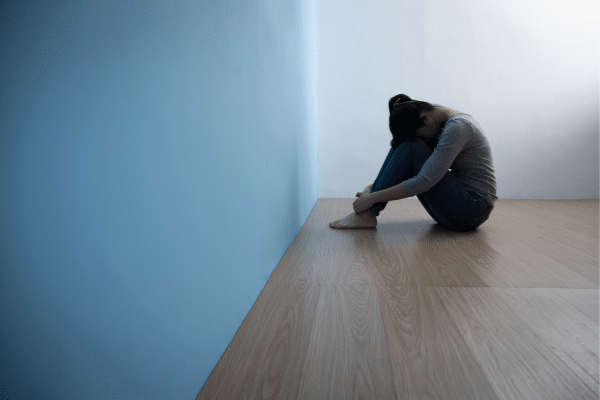### Identifying Depression: Symptoms Across Different Groups
Depression is a prevalent mental health condition that impacts millions globally. It poses significant concerns as it can adversely affect one’s overall well-being, interpersonal relationships, and daily functioning. While depression can strike anyone, its manifestations can vary widely. Here, we’ll delve into the common signs of depression among various groups, including women, men, postpartum women, and teenagers.
### **Signs of Depression in Women**
Women experience depression more frequently than men, and it can profoundly alter their lives. While many symptoms of depression are universal across genders, certain signs are particularly prevalent among women.
A widespread indicator of depression in women is persistent sadness or hopelessness. Women suffering from depression often feel emotionally depleted and find little pleasure in previously enjoyable activities. Feelings of guilt and worthlessness are also common and can exacerbate depressive symptoms. Changes in appetite and weight—either an increase leading to weight gain or a decrease resulting in weight loss—are frequently observed.
Sleep disturbances are another hallmark of depression in women. They might struggle to fall or stay asleep, leading to daytime fatigue and irritability. Conversely, some may sleep excessively as a means of escaping negative thoughts and emotions. Physical symptoms such as headaches, chronic pain, digestive issues, and other somatic complaints are also prevalent among women with depression.
Additionally, depression in women can manifest as premenstrual dysphoric disorder (PMDD), a severe form of premenstrual syndrome (PMS) affecting roughly 5% of women. PMDD symptoms include pronounced mood swings, anxiety, and depression, typically occurring before and during menstruation.
### **Signs of Postpartum Depression**
Postpartum depression specifically impacts women after childbirth. Common symptoms include persistent sadness, anxiety, irritability, changes in appetite and weight, sleep disturbances, and a disinterest in the baby. This form of depression can hinder a woman’s ability to care for herself and her newborn, potentially leading to severe long-term consequences if not addressed appropriately.
### **Signs of Depression in Men**
Depression in men is often underrecognized and presents differently compared to women. Men with depression may exhibit irritability and anger rather than sadness. They might experience mood fluctuations and frustration more readily and may show aggressive behaviors like yelling, slamming doors, or becoming confrontational. Risky behaviors, including substance abuse and gambling, are also more common among depressed men.
Men with depression may report physical symptoms like headaches, digestive issues, and chronic pain that do not respond well to standard treatments and persist despite medication. Changes in appetite and weight, as well as sleep disturbances and fatigue, are also key indicators.
### **Signs of Depression in Teenagers**
Teen depression has become a critical issue. The National Institute of Mental Health (NIMH) notes that in 2019, around 3.2 million adolescents aged 12 to 17 in the U.S. experienced at least one major depressive episode.
Data from the Substance Abuse and Mental Health Services Administration (SAMHSA) indicates that teens with depression are more susceptible to substance abuse. In 2019, approximately 7.1 million adolescents aged 12 to 17 reported alcohol use, and 4.2 million reported illicit drug use.
Depression can severely impact teens’ academic performance due to its detrimental effects on concentration, memory, cognitive abilities, and motivation.
—
For more information and support regarding depression, visit [Pro Health Support](#). Pro Health Support offers a range of resources and professional guidance to help manage and treat depression effectively.
